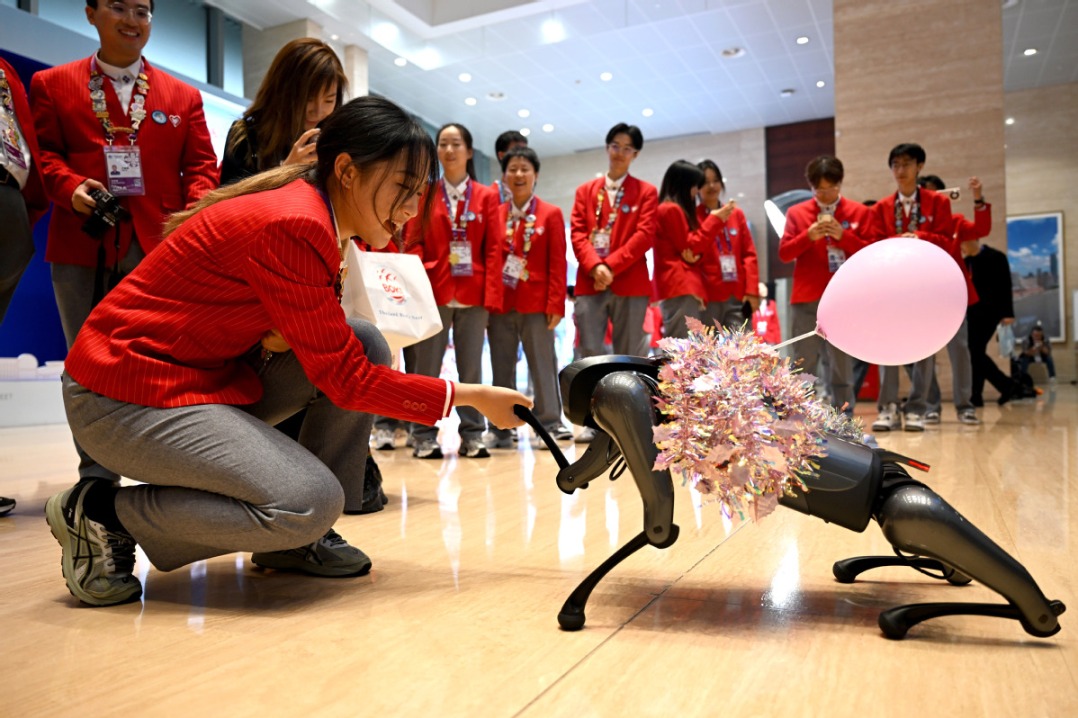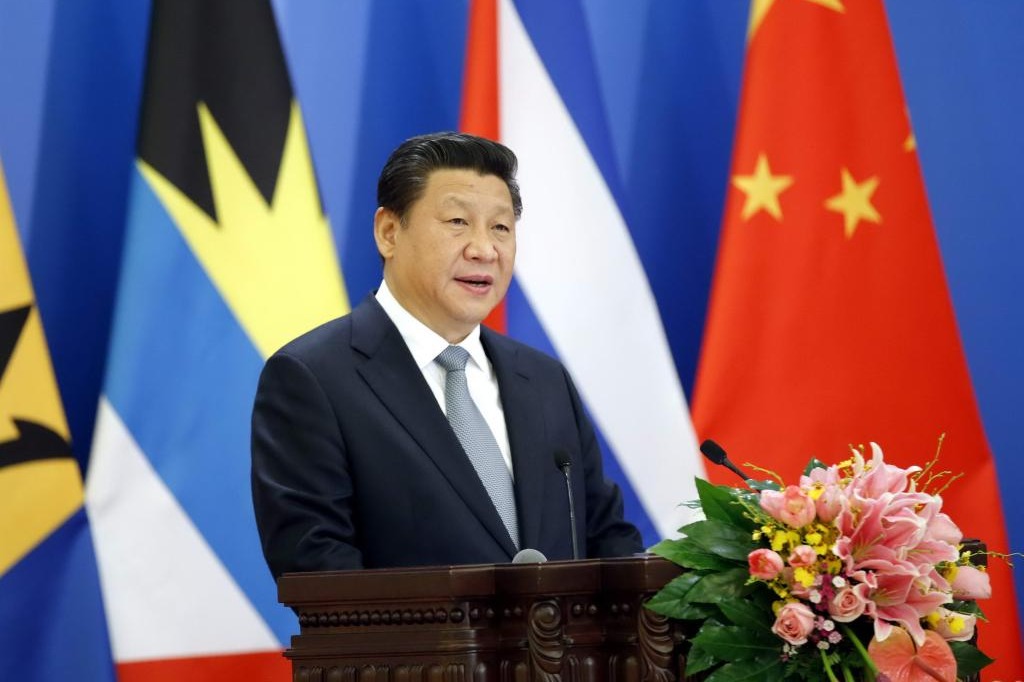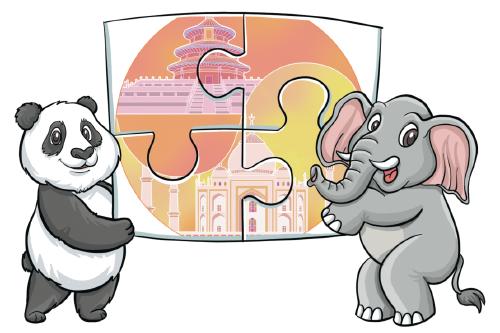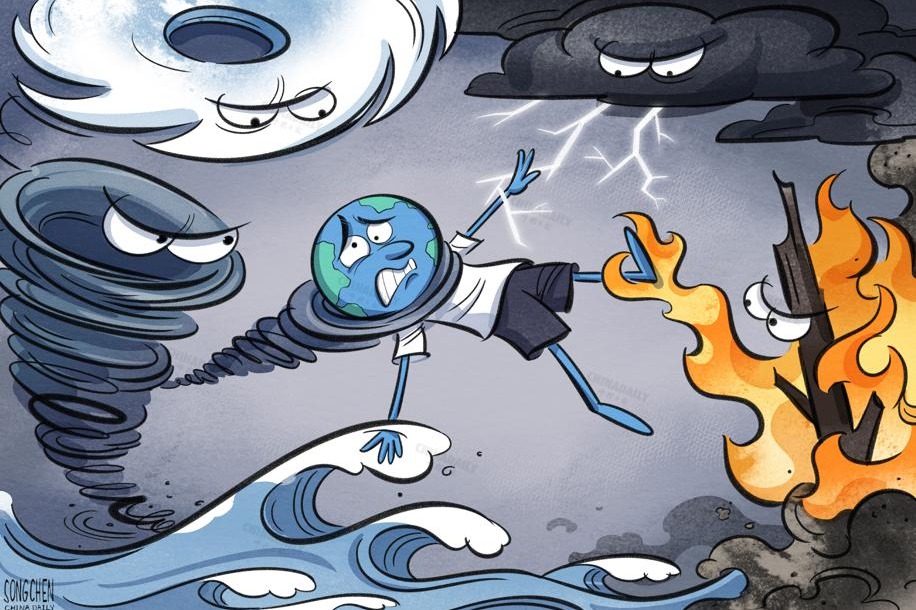Legacy of cooperation points to a brighter future

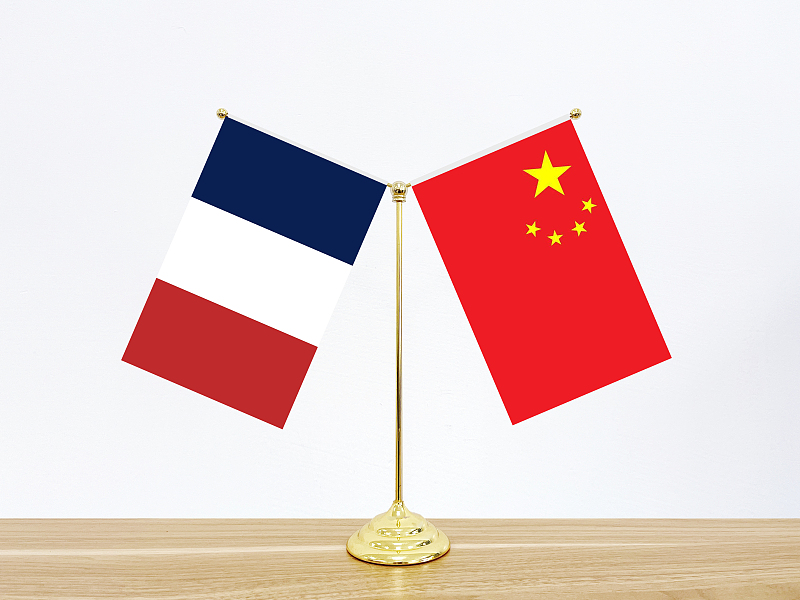
China and France established diplomatic relations on Jan 27, 1964, by issuing just two sentences — the world's shortest diplomatic communique. Despite its brevity, the communique, called a "diplomatic nuclear explosion" by the Western media, marked a watershed moment in China's relationship with Western European countries.
The establishment of Sino-French diplomatic ties reflected the two countries' strategic choices and regional and global strategic interests while contributing to a multipolar world order and laying a solid foundation for future bilateral relations. The two concise sentences that launched the bilateral ties reflect the diplomatic finesse that has characterized their interactions. This pivotal moment occurred in the 1960s, a period marked by shifting geopolitical dynamics and the nascent Cold War. The simplicity of the declaration belied the profound implications of their decision.
As we celebrate the 60th anniversary of the establishment of China-France diplomatic relations, the historical trajectory of this partnership becomes more apparent. In traditional Chinese culture, 60 years signify the completion of a cycle — a full turn that calls for reflection and promises a new beginning. The past six decades have seen China and France weather global challenges and fast-changing international situations, showcasing their resilience and highlighting their forward-thinking relationship.
The establishment of Franco-Chinese diplomatic ties had far-reaching consequences. It not only improved China's international standing, but also triggered a wave of diplomatic engagements between China and Western countries in the early 1970s, marking a significant shift in international relations and heralding the beginning of multipolarism.
Sino-French cooperation and collaboration in the political and strategic domains have been going on for many years, with both sides learning and drawing inspiration from each other. In particular, after the launch of reform and opening-up, China sought advanced technologies and management experience from Western countries, including France. Also, China's National Development and Reform Commission studied France's national economic and social development plans during this critical period. As a result, over the years, France and China have built a mutually beneficial relationship.
In its modernization process, China has been taking measures to optimize the business environment and open up its economy wider. This includes taking unilateral opening-up measures, with an eye to attracting more European countries, including France, which highlights the broad space for collaboration between China and France. This is important because France's pursuit of autonomous strategic goals and efforts to improve its citizens' quality of life are closely linked to China's support and access to the Chinese market.
Economic and trade collaboration between China and France has remained a stable force, the bedrock of their broader relationship. Their collaboration has evolved beyond the traditional sectors of nuclear energy, high-speed railway and aerospace to include new frontiers such as climate action, green initiatives, digital technologies and finance. And their strategic cooperation extends to fields such as luxury goods, agricultural products and tourism, reflecting the versatility and depth of their partnership.
Their stable economic collaboration is not just a testament to the resilience of Sino-French relations but also helps promote future exploration and growth. As China tries to optimize its business environment and increase openness, the potential for Sino-French cooperation continues to expand.
As for the cultural bond between China and France, it has played a crucial role in shaping their relationship. France, a global cultural powerhouse, and China, with its 5,000-year history, have found common ground in their pursuit of cultural development and innovation. France's historical pursuit of liberty, equality and fraternity complements China's values of benevolence, harmony and inclusiveness. This convergence of values and aspirations fosters a partnership in which both sides can explore and innovate.
China places a high value on cultural inheritance and development, drawing inspiration from its rich history to foster creativity and innovation. France, renowned for its cultural richness, serves as a beacon for global intellectual endeavors. Thus their collaboration in the cultural domain is expected to yield significant results, further deepening mutual understanding and appreciation.
As the world faces unprecedented changes, the responsibility lies with major powers to collaborate and cooperate to overcome the ensuing challenges. China and France, with their shared values and win-win cooperation, are well positioned to promote global peace, and drive development and cooperation toward a positive trajectory.
The future of Sino-French relations hinges on unhindered trade, people-to-people exchanges and the dynamism of the youth. In the 60th year of the establishment of Sino-French diplomatic ties, the need is to not just celebrate the achievements, but also lay the ground for a future where China and France continue to be pivotal forces in shaping global dynamics.
The potential for further exploration and growth is vast, and the two countries seem poised to unleash that potential to help build a world characterized by cooperation and stability.
The author is deputy director of the Institute of European Studies at the Chinese Academy of Social Sciences.
The views don't necessarily reflect those of China Daily.
If you have a specific expertise, or would like to share your thought about our stories, then send us your writings at opinion@chinadaily.com.cn, and comment@chinadaily.com.cn.

















